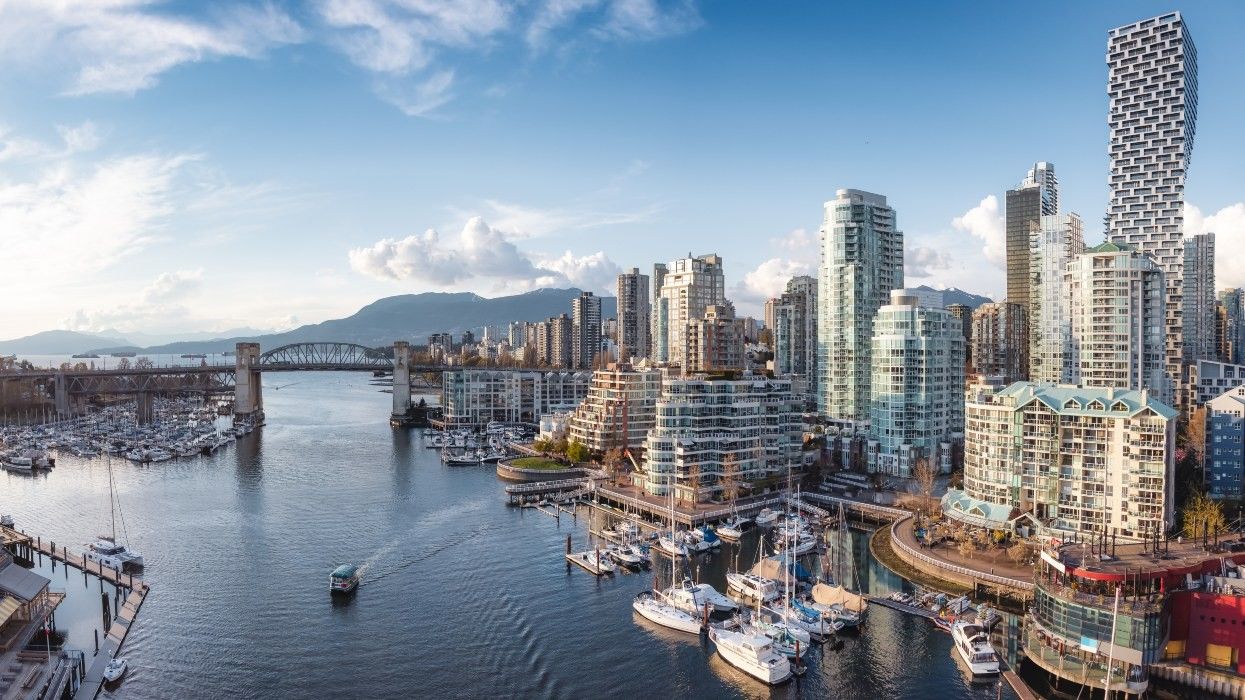The real estate development industry has already gotten the federal foreign buyer ban amended once. Can they do it again?
On July 29, a group of developers published an open letter entitled "Crisis & Revitalization of the Real Estate/Construction Industry in BC" and addressed to Prime Minister Mark Carney, federal Minister of Housing Gregor Robertson, Premier David Eby, BC Minister of Housing Christine Boyle, and former-BC Minister of Housing Ravi Kahlon, who is now Minister of Jobs and Economic Growth.
The focus of the three-page letter is the federal foreign buyer ban, which was introduced via the Prohibition on the Purchase of Residential Property by Non-Canadians Act and came into effect on January 1, 2023. As previously reported by STOREYS, the full extent of the regulations was not revealed by the Government of Canada until December 21, 2022, setting off an industry-wide scramble after many identified the unintended consequences that were likely to occur. Recognizing their mistakes, the federal government made four amendments to the foreign buyer ban on March 27, 2023.
Since that time, the real estate market across Canada has taken a significant downturn. The open letter notes that housing starts in BC have dropped by 50% from March 2024 to March 2025 and that condo/multi-unit starts are down 22%. Numerous development projects have been put on hold and the list of insolvent projects continues to grow, most recently with CURV.
"These trends, if sustained, pose serious risks to long-term housing supply, jobs, and economic stability," the letter states. "Many real estate companies are already facing difficult decisions, from scaling back operations to workforce reductions."
For presale projects, developers are usually required to sell between 60% to 80% of their units in order for their lender to provide construction financing, and they usually have to get to this point by 12 months — 18 months for larger projects, after the Province introduced a new pilot program this year. Because these projects take years to construct, however, a significant amount of presale purchasers are not end-users and are instead investors that may rent out the unit or eventually sell it.
Because of the historic stability of real estate as an asset class, investors big and small have often felt comfortable buying real estate, believing that the value would only go up. That belief has been a significant force in the Vancouver presale market for a long time and resulted in many condo projects getting built.
However, the market downturn has now lasted for over two years, investors have not shown a willingness to come back, and the presale market has slowed down significantly. In 2025, the number of presale project launches has dropped by around 30% and only a single high-rise project with over 100 units has launched this year, as reported by STOREYS last week.
The foreign buyer ban was originally set to end on January 1, 2025, but was extended last year by two years and is now set to end on January 1, 2027. Many in the industry believe the ban does more harm than good, particularly as it relates to new construction. Canada is not the only country with such a ban, but the real estate industry has continued to point out that Canada's ban is much more restrictive because it also extends to presales.
"We draw your attention to a housing program implemented by Australia earlier this year, which restricts foreign ownership of established homes but still allows it for newly constructed homes and pre-sales," the letter states. "This 2025 policy for new homes was designed to maintain the strength of their construction industry. Australia's 2025 housing reforms present a pragmatic, outcomes-focused approach to tackling housing affordability, strengthening the construction sector, and supporting economic growth. Several of the policy tools they have implemented — such as pre-sale guarantees, incentives for modular construction, and strategic restrictions on foreign investment — are directly applicable to high-demand markets like British Columbia."
The letter concludes by calling on all levels of government to reconsider the foreign buyer ban with changes like these.
"Our direct request to government is simply this: the new home construction industry is vital to the BC economy, and the national foreign buyer ban and provincial foreign buyer tax need to be reconsidered, or modified along the lines of the Australia model."
The letter was signed by 25 companies, including developers such as Amacon, Beedie, Bonnis Properties, Cressey Development Group, Intracorp, Mosaic Homes, Polygon, Strand Development, Wesbild, and Westbank. Other industry stakeholders that signed the letter include the Independent Contractors and Businesses Association of BC and planning firm Pooni Group.





















